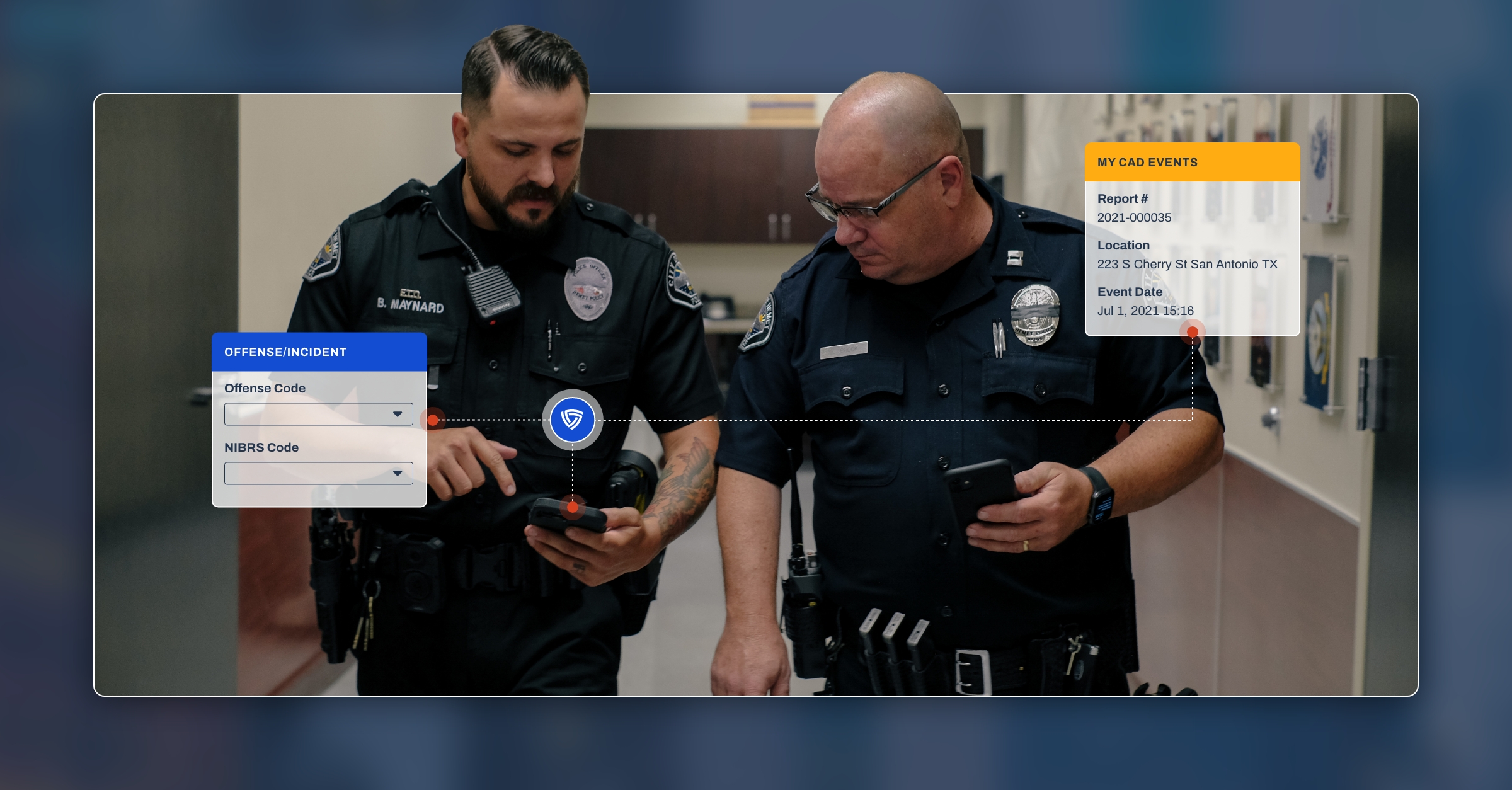
This spring, I had the honor of attending the White House Office of Science and Technology Policy’s Criminal Justice Statistics Vendor Engagement Session on behalf of Mark43. I was joined by representatives from the federal government, software companies, and partners in the criminal justice field as we addressed some key elements outlined in the Biden Administration’s Executive Order on Advancing Effective, Accountable Policing. The session was full of thoughtful and action-forward discussion on four principal topics: justice data collection; data use and analysis; data transparency; and NIBRS and use of force standards and adoption.
I see firsthand the infrastructure, resource, and community engagement challenges that police departments face in their efforts to collect, use, and share data. These interconnected topics were at the forefront of my experience as a former public safety executive in Baltimore and continue to be key areas of focus for agencies today. Given their importance, I would like to share some ways that technology partners can uplift communities and police departments in support of their collective public safety goals.
Data Collection
Collecting accurate, timely, and reliable data is critical to everyone within a community from officers patrolling the streets to residents seeking to address public safety challenges in their neighborhoods. The key to effective data collection is to make the experience as seamless and user-friendly as possible. This can be challenging as translating legislation, policies, and community needs into data collection processes, particularly around traffic and pedestrian stops, use of force, internal affairs, mental health crises, among others, can be resource-intensive and complex tasks. To accomplish this, public safety agencies benefit from close collaboration and alignment with their technology partners to ensure that technology meets current demand and evolves with agencies’ needs.
Last August, I sat down with Colonel Lamar Davis and Allen Carpenter from the Louisiana State Police to discuss the importance of leveraging a trusted vendor, adapting to changing demands, and collecting vital data to continue to grow. Colonel Davis said it best:
“It’s important to understand technology and grow it into the fabric of your DNA. Without that, it’s just another tool on the shelf. I can [also] tell you that you should be critical about your partnerships. It’s vital that you pick a partner that’s going to deliver, that’s going to have your best interest and your communities’ best interests at heart.”
Data Use and Analysis
After departments and jurisdictions collect data, they need appropriate pathways to analyze, present, and share data internally and externally. Resource-strapped departments may not have the infrastructure or budget to hire personnel, including data scientists and technical experts, who can help leverage the power of their data. Data systems must be responsive and incorporate data analytics platforms and service offerings to meet these critical needs. For example, departments looking to understand gun crime trends in micro hot spots or develop a strategy to combat carjackings need timely and easily digestible access to their data to make critical decisions about strategy and resource allocation. Agencies should look for vendors that provide a comprehensive solution that integrates with their mission-critical tools and builds upon their data infrastructure.
Additionally, when thinking about data use, prioritizing data security is critical. No agency should manage this responsibility alone. Agencies need to look for a technology partner that has an unwavering commitment to the highest levels of security controls.
Data Transparency
Sharing data and increasing transparency internally and externally is a challenging task for agencies of all sizes. One of the most valuable first steps in any data transparency effort is directly engaging with all levels of public safety organizations, especially the police, as well as the community. Two main questions to ask are: (1) what data would you like to see? and (2) how would you like to see it? Researchers may be looking for raw datasets while neighbors may be interested in heat maps to understand crime trends on their blocks. Using this information to establish a process to consistently share comprehensive criminal justice data, information, and insights will result in more useful and sustainable initiatives.
Technology partners can play an indispensable role in data transparency. They can make data-sharing a straight-forward process, requiring minimal departmental effort and resources. Additionally, they can share their expertise and experiences, including promising practices for releasing actionable data and ways to provide a contextual understanding of justice statistics.
NIBRS and Use of Force Data Standards and Adoption
As federal, state, and local data collection and reporting requirements evolve, technology partners continue to play a critical role in compliance. In jurisdictions across the country, police officers are being asked to change what they report and how they report it. The most successful way to facilitate adoption of compliance programs like NIBRS and the FBI’s National Use of Force Data Collection is to make every step of the data collection and reporting process as efficient as possible. Departments need secure, comprehensive, and standardized data collection as well as intuitive, flexible workflows in their technology.
Technology partners need an in-depth understanding of their customers’ unique set of requirements so they can build responsive systems. They also need to be knowledgeable and experienced in compliance, not only understanding the technical data collection and reporting requirements, but also the internal workflow changes needed to create and operate in a compliant environment.
Conclusion
Technology partners play a powerful role in empowering public safety agencies and communities to collect, use, and share their data. They bring resources and expertise unavailable to many agencies and have a responsibility to not only support current needs, but also collaborate with agencies to innovate and prepare for the future.
To learn more about how Mark43 can support your agency, please fill out the form on this page and a member of our team will be in touch with you shortly.





